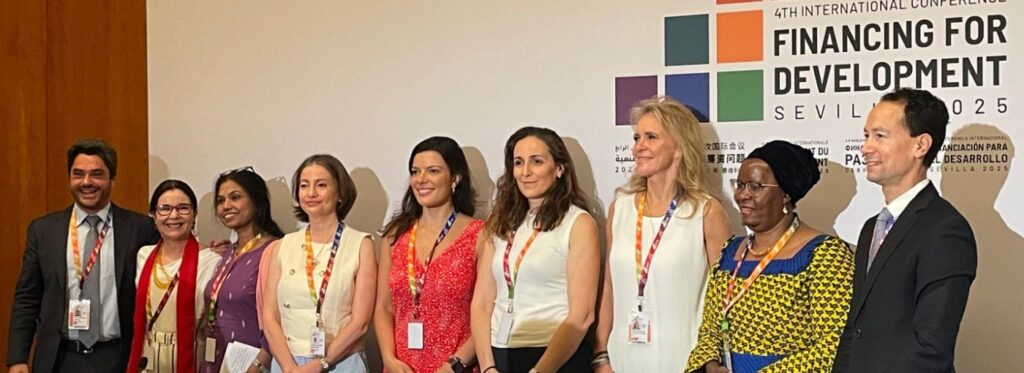Change sometimes is in the hardware – it’s in the structures, frameworks and institutions. And we tend to focus largely on these shifts, so that culture shifts in good governance can go unrecognized, unnoticed.
In Kenya, meaningful proactive disclosure of information is not only a constitutional aspiration; it’s also the dream for any access to information advocate to be the norm rather than the exception to the rule. For this to happen, a meaningful shift would need to take place in the culture and prevailing mindset on public information management. Currently, even legitimate information requests are treated with suspicion and scrutiny, despite the public’s right to access information. Severally, persons are asked for the reason that they are requesting information from a government entity – despite the fact that demand for a reason is unlawful. The Kenya Access to Information Act expressly provides that no reason for requesting information should be required from a requester. Why? Because the information is being held on the public’s behalf. If the public requests it – it should be made available, no questions asked. This is the law; and this is the essence of the right. Of course, there are lawful exceptions under which information can be withheld from the public. The tug between public entities holding information and the general public requesting the information remains. This is in spite of hardware legal protections for the public, and legal obligations on public entities. The culture and mindset has yet to shift, despite the progress in the hardware.
It’s not all doom and gloom. Kenya has made some progress with proactive disclosure of information. Websites and portals, are now more commonplace – previously unfathomable. For ‘sirikali’ (colloquial Swahili for government secrecy) to voluntarily, and publicly disclose any information this way, was unheard of. Secrecy was understood as the right of government. Arguably, majority of the information provided now is ‘safe’ and supports largely non-controversial development aspirations. It’s a start though.
On International Anti-Corruption Day 2019 however, we witnessed one of the most momentous shifts in proactive disclosure of critical information. Makueni County Government launched an open contracting portal with procurement information for all stages of the procurement process – from the planning, tendering, awards, contracts and contract implementation information. This scope of information has never proactively been made public before by any sub national government in the East, Horn and Central Africa before. Makueni County is walking the talk of creating fairer competition for businesses (especially smaller firms); preventing fraud and corruption, driving higher quality goods, works, and services for residents, and ensuring better decision making for public needs. They are also ensuring better value for money for the county government. This is not about a portal, this is about reformers having innovative and front-runner mindsets about public service delivery, and the critical role access to information and data plays in this.
Investing in reformers is the second tier of software shifts. Understanding that government is not one homogeneous block of persons who think and act the same. But rather identifying and supporting individual reformers pushing against all odds. Many times at personal, political and professional risk. This is a call to look out for them – bring all your support around them. Stop looking for perfection and start investing in culture shifts; the software that will make the hardware thrive as intended.
Globally, procurement is fraught with corruption, inefficiency, interests, cartels, price fixing, pre-determined awardees and tailored tenders. Western European countries for example host 60 per cent of Europe price-fixing cartels. In Kenya, it has been severally documented that procurement is the largest source of illicit enrichment. Any meaningful attempts to meaningfully reform this critical step to public service delivery means that powerful toes are being stepped on, old orders are being challenged, and power is being confronted face to face.
This is not textbook transparency and accountability, this is a fundamental shift. As fundamental a shift, as grass turning blue.
About open up contracting program
The Open Up Contracting Program aims to ensure citizens have equal and inclusive access to public goods and services and can meaningfully engage in public resource allocation and policy decisions.




